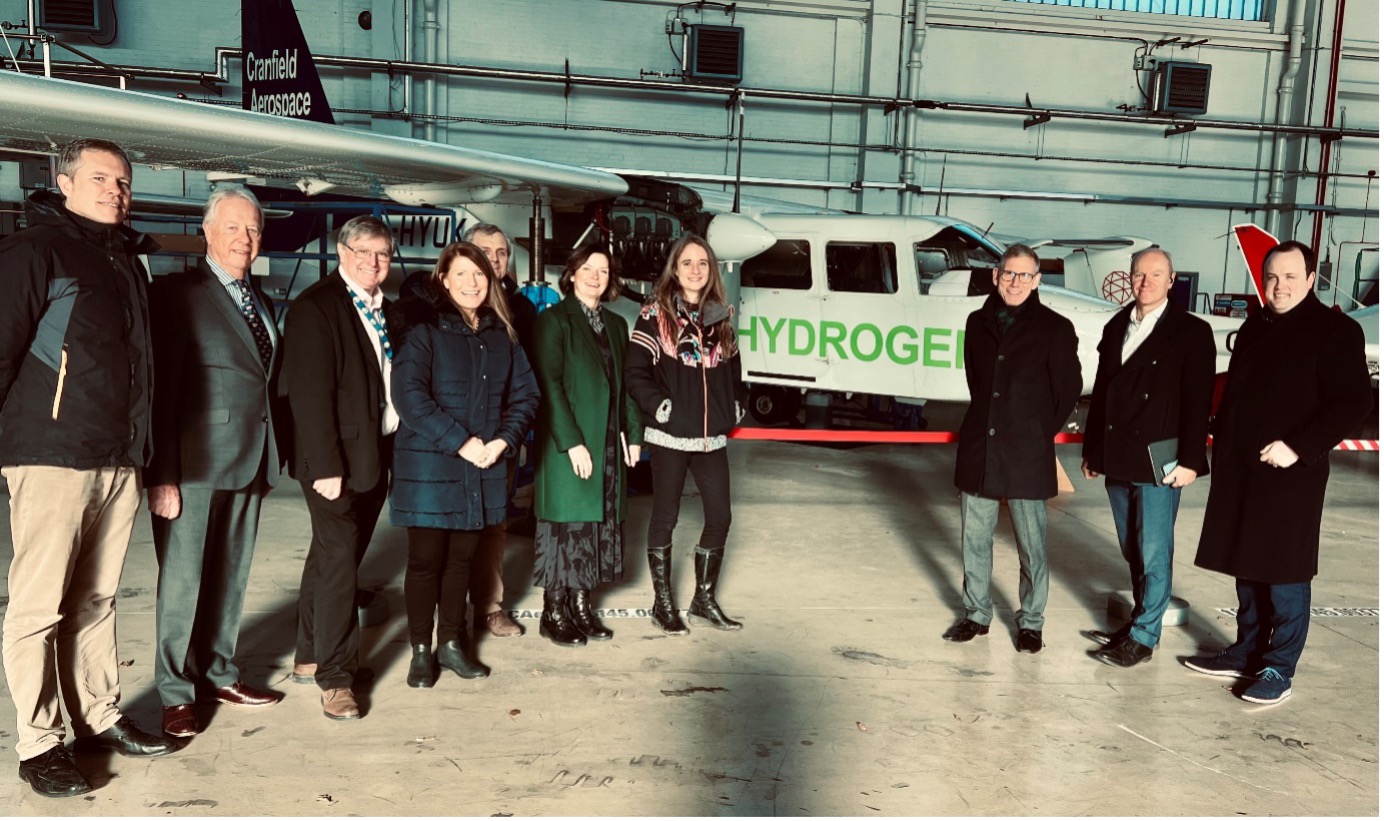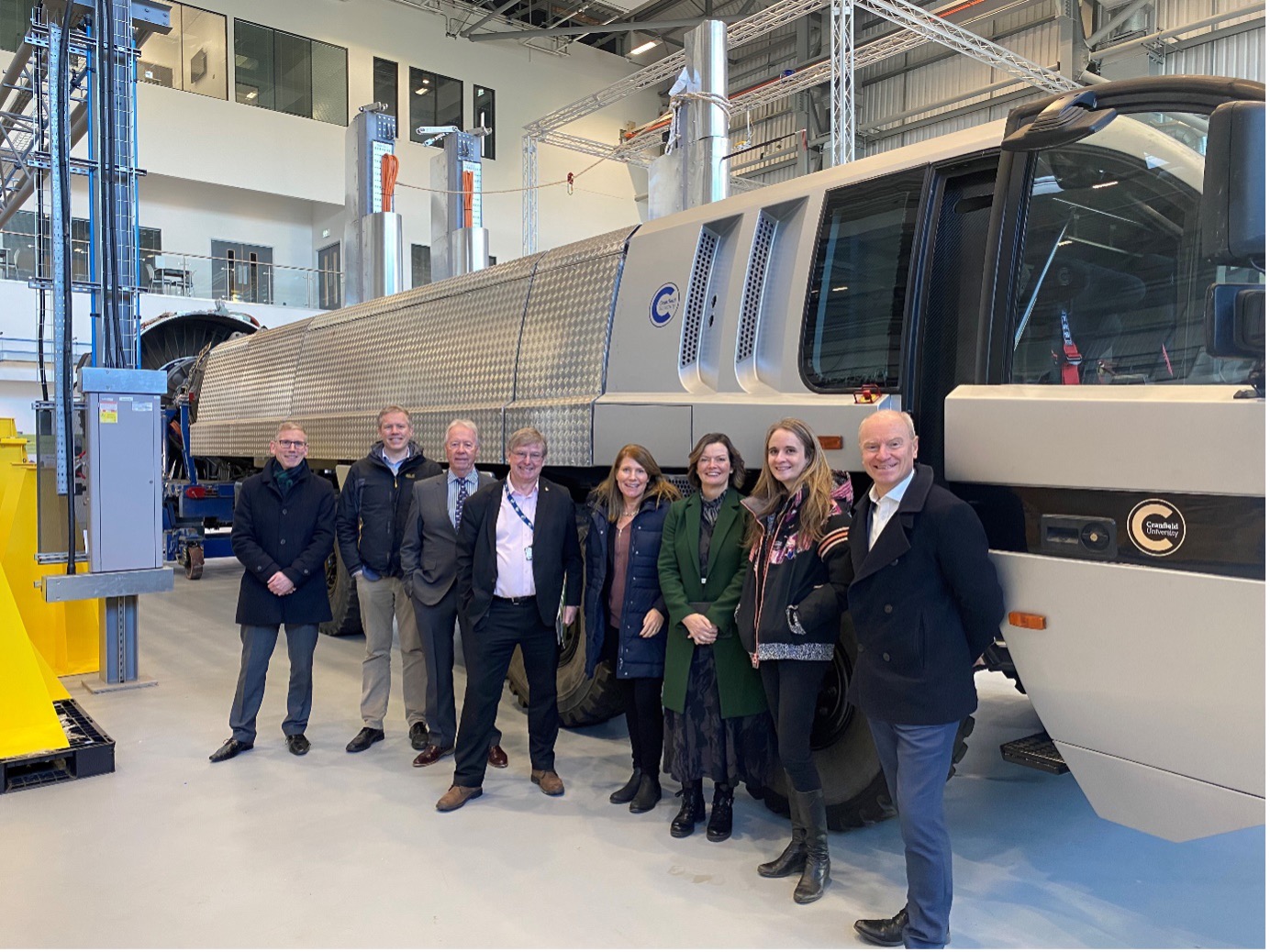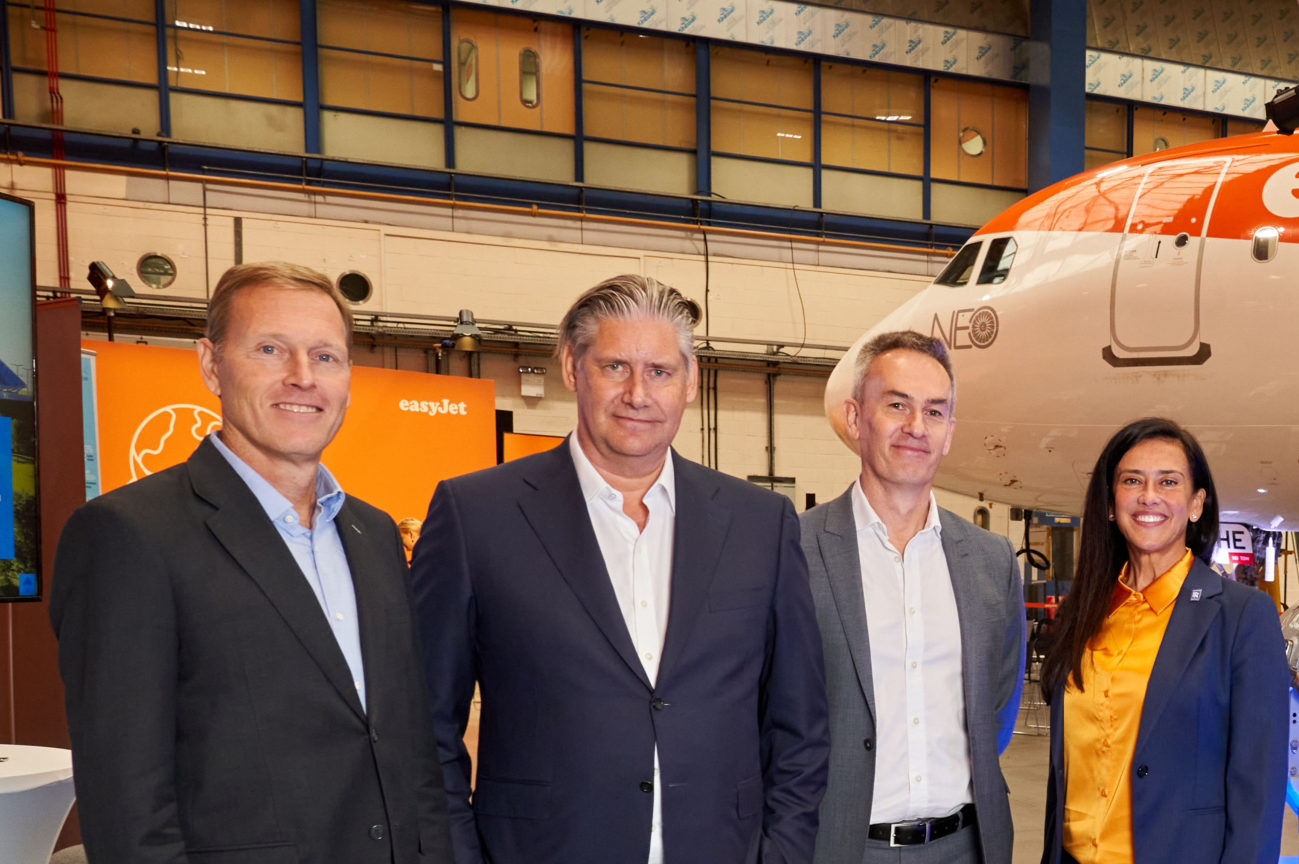Jet Zero Council Zero Emissions Flight Delivery Group - January 2023 meeting

The Zero Emissions Flight Delivery Group (ZEF DG) met for its first meeting of 2023 at Cranfield University and online.
A summary of the second meeting in October 2022 can be found here and the group’s Terms of Reference are now published on GOV.UK.
For those joining the meeting in person, a morning tour of Cranfield University highlighted the university’s projects and facilities addressing zero emission flight. The group also visited Cranfield Aerospace Solutions at Cranfield Airport to learn more about Project FRESSON. This project is aiming to retrofit Britten-Norman Islander aircraft with gaseous hydrogen fuel cell powered engines.

Chaired by Rachel Gardner-Poole from the Connected Places Catapult, the Delivery Group discussed a number of topics within the meeting:
Recent successes
Recent successes from members’ organisations included ZeroAvia’s successful first flight of a hydrogen fuel cell running on gaseous hydrogen and easyJet and Rolls-Royce’s gas turbine test on 100% green hydrogen, amongst others.
Summary from sub-groups
The three sub-groups operating under the ZEF DG gave short updates on the work planned and underway within the groups. All three groups have now met at least twice and are confirming action plans and schedules of work, ensuring complete alignment with the overarching ZEF DG Action Plan also under development.
The Regulation subgroup highlighted the complexity of the aerospace and aviation industries’ regulatory landscape, noting that it would be an incredibly important contribution if the group were able to identify the critical path of regulation development and which areas of this path are currently not being addressed.
Project NAPKIN
The group received a brief on Project NAPKIN, run through Innovate UK’s Future Flight Challenge, a project to explore the conditions necessary to enable the successful introduction of Zero-Carbon Emission Flight (ZEF) in the UK for domestic air travel. By focussing on the ‘Five A’s’ – Aircraft, Airport, Airspace, Airline and Air Passenger – the project surmised that a model of affordable domestic sustainable aviation has the potential to address climate and connectivity challenges together.
The 2040 ambition from the Jet Zero strategy is plausible given the right market conditions and aircraft availability and that hydrogen could universally outcompete kerosene. However, to facilitate this the upstream question around production and provision of green hydrogen needs to be answered quickly and that aviation need to stake its claim on the supply.
The full report from the study can be found here.
Non-CO2 emissions
There was a discussion on non-CO2 impacts of aviation which included the Aerospace Technology Institute (ATI) discussing work they have undertaken to date. There remain uncertainties on non-CO2 emissions and their impacts on the environment and there is a direct challenge on our industry to better understand emissions from aircraft technologies and to inform the introduction of zero emission aircraft.
It is important to align industry plans, future R&D and the academic work that has already been done. The Jet Zero community must engage with this challenge over the long-term to address it effectively.
Hydrogen and liquid hydrogen aircraft technologies
The ATI updated the group how they may be able to drive collaboration around the development of hydrogen and liquid hydrogen aircraft technologies. FlyZero recommended the creation of a Liquid hydrogen research infrastructure to enable innovators to work together as they develop new technology. This could involve open access test infrastructure, collaborative research, and act as a skills accelerator.
Two-year action plan
The group discussed priorities, timelines, and the interdependencies of the ZEF DG’s Two-Year Action Plan, to be published later in 2023. The group discussed the next steps to start work on the different workstreams with leads and volunteers nominating their resource to the activity. The action plan’s priority task is to propose interventions from existing evidence before undertaking the development of a milestone plan for ZEF from the Jet Zero strategy to inform further areas of interest.
The group will next meet in April 2023.



